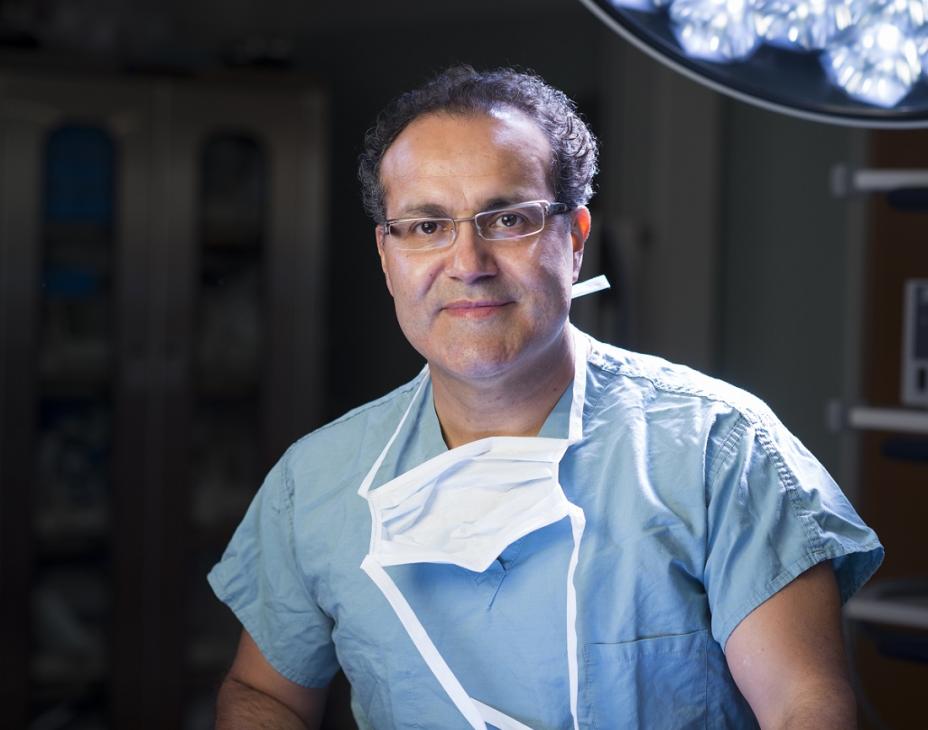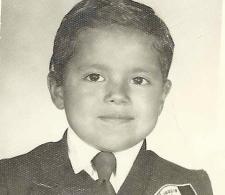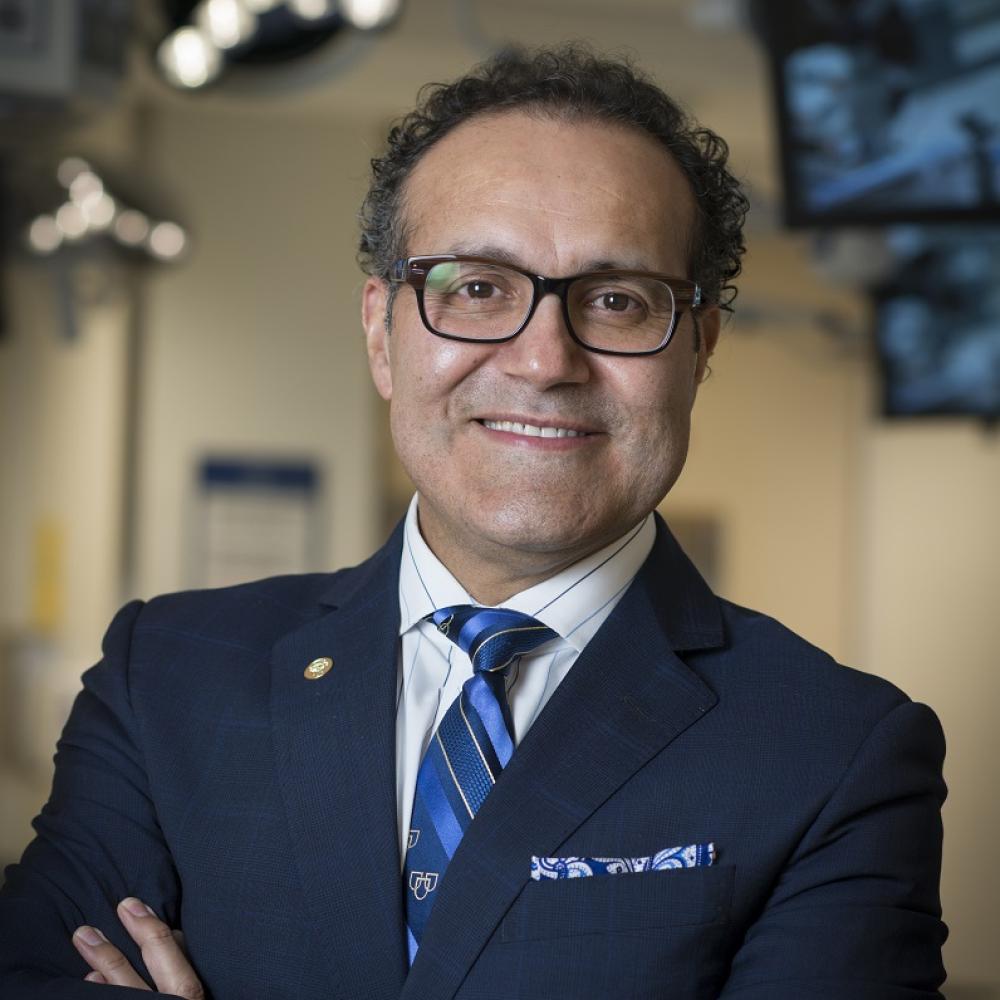Hear candid conversations between people conquering cancer — patients, their family and friends, and doctors and researchers working to help us all.
Today, Dr. Alfredo Quiñones-Hinojosa is a globally recognized neurosurgeon. Making that happen, however, took a lot of sacrifice and perseverance.
The eldest of six children, a young Alfredo sold food at gas stations to help support his family. But he wanted to dream bigger: At 19, he left his native Mexico in hopes of a better future. After two years in the U.S. working manual labor, and inspired by memories of his grandmother, he decided to pursue a career in medicine and research. Dr. Quiñones completed undergraduate studies at the University of California Berkeley, earned his medical degree from Harvard Medical School, and began his career at The Johns Hopkins Hospital. Now, he’s a cancer neurosurgeon at the Mayo Clinic.
In this episode of Your Stories, Dr. Quiñones tells host Dr. Don Dizon about the challenges he faced on the road to becoming a cancer neurosurgeon and the inspiration he derives from providing care for his patients. Together, Dr. Quiñones and Dr. Dizon talk about the roles that fundraising and philanthropy have in advancing the future of cancer research.


In the decades since, Dr. Quiñones—or Dr. Q, as his patients and colleagues know him—earned a medical degree from Harvard Medical School; launched a storied career as a cancer neurosurgeon at two of the most prestigious medical institutions in the U.S.; and successfully generated enormous sums of research funding, including a Conquer Cancer grant to help advance research for patients.
In this Your Stories episode, Dr. Quiñones tells host Dr. Don Dizon about the difficulties he endured on the journey to becoming a neurosurgeon with a thriving research career. He also talks about how his grandmother––who was a curandera, or village healer, in Mexico––inspired him to become a doctor. Together, they discuss the importance of supporting early-career researchers through funding.
Top image: Dr. Quiñones in clinical setting
Bottom image: Dr. Quiñones as a young child
